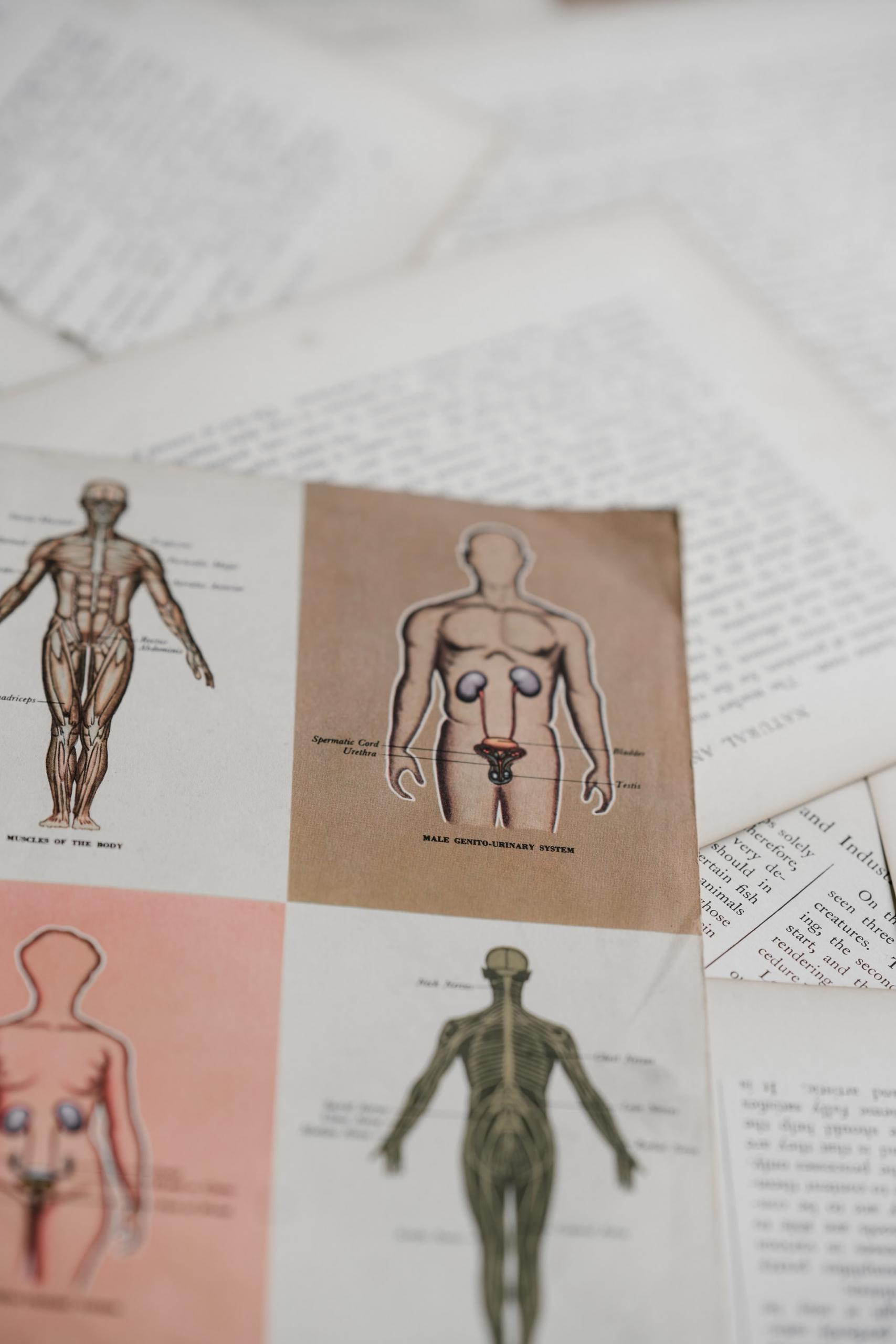As you make your way through your first year of NCEA Level 1, you will start to learn how to navigate the systems and balance the demands of each subject. When you compare biology to English, it is easy to see how the subjects are different but have you ever taken the time to see the similarities?
Biology, like English, requires you to express your view using the correct vocabulary. For example, you wouldn’t use the same vocabulary in a formal writing assignment as you would in a creative writing one. The structure of writing in biology is very similar to that of formal writing. You need to be clear, your points supported by evidence, and your writing structured.
The best way to add to your knowledge cart is to revise the topics as you are learning them. This will enable you to understand different theories, concepts and terms while the information is still fresh. This level of science is different from your previous years as it focuses on biology rather than science as a general subject. You are starting to specialise in this subject and will be starting to do experiments, investigations, and research beyond the pages of your science workbook.
It can be easy to bundle all the information together with the sole purpose of passing assignments but that is not the point. Our guide on the NCEA Level 1 biology syllabus explains what it is you are learning and what is the point of NCEA (outside of testing your time management skills of course).


Setting up for Success in Biology
Learning is a lifelong process and by completing NCEA Level 1 Biology you are starting to head along the science pathway. As it may be your first year of exams and assessments, a great tool to add to your skill cart is the skill of revision.
Unfortunately, we don’t have this skill ingrained in us from birth, we learn it by copying others and of course by trying to study and find what works best for us also known as trial and error. There is no correct way to study and it may take some of us longer to find what works for us than others and there is nothing wrong with that. We do however have to keep working and learning to find what is best for us.
There are a few different tips that are widely accepted as great study habits. When it comes to doing your assignments or revision work, setting up your workspace for success is important. This may be moving away from things or people that distract you for a little bit. You want relatively low distraction environments so libraries, a quiet room in your house, or a space that has little thoroughfare coming by is a great place to start. Warmth, natural light, and low distractions are your new best friends.
Many students either find it hard to study with music or struggle without it. For those of you who need quiet, libraries have controlled quiet spaces that the librarians keep an eye on. If you are sensitive to auditory sounds, noise-cancelling headphones will really help to keep you focused.
For the lovers of music, now is not the time for power ballads. It is not about what type of music you love when it comes to finding the right study tunes but what helps you stay focused. For some, it is classical music and for others, it is more lo-fi beats, whatever it is for you try to stay away from lyrics and words. They are not your friend as they pull your attention making it a lot harder to think of your own words, read a sentence or remember the ones you are trying to learn.
Now you have got the location and tunes sorted, it is time to look at how to study for different assessments. Knowledge is power so why not add more to your cart. For more information on guides that help you prepare for NCEA Level 1 biology check out our complete biology guide.

Internal Assessment Study Guide
Over the year most NCEA students will do five assessments, two will be in class and three will be at the end of the year exam. Depending on your school and your teacher, you may do some more or a little less. There are some schools that also offer biology as an internal subject. This is a great choice for those of us who struggle with anxiety or need a bit more time to process and write down our thoughts. Speak to your teacher about what options are available for you.
NCEA Level 1 Biology Investigation Assessments
Throughout the year you will be learning how to carry out a practical investigation correctly. While some of it may seem a little unnecessary, in the domain of science your investigation must be repeatable for your results to stand up to peer review. When we talk about repeatable it means that someone else should be able to follow your instructions and produce the same results.
Recording the data so that it is reliable requires you to write down all your steps and use the correct terminology for the equipment you have used. Before you start your investigation, revise the work you have done earlier in class. Look in particular for any points your teacher has noted on where to improve.
Studying is also about preparing so check that your hypothesis is clear and concise. Learning from your previous science experiments should improve your skills in explaining your method. It needs to include a valid range for the sample or independent variable, a description of other variables that could affect your results and how to control them if possible, and of course accurate measurements! This may mean repeating the experiments a few times more (always a minimum of three times) to solidify your results.
NCEA Level 1 Biology Research Assessment
Science is a mixture of carrying out investigations and researching the work of others. While biology workbooks are great revision tools for exams, there are also tools available to help improve your skills in research and writing. While fake news may be running rampant online, unreliable sources are a real problem across many subjects including biology. Taking information from a source without evaluating it first can affect the reliability of your work.
The first step is to refine your question or purpose, too big and your research could take years, too small and your research could take years. In all seriousness, if your purpose or questions is too big or too narrow, you will struggle to either find enough information or your research will lack focus as it will contain too much information. Our guide on Biology exam questions can help you learn how to decode the question and explains the marking schedule in more detail.
So how do you check if it is reliable? You have to decide if it is a primary or secondary source. A primary source is from someone who was there and a secondary source is from someone who wasn’t. Both have their positive and negative points and are both useful for you. They should definitely come from a range of researchers and research facilities as no one person or place has all the answers. Once you have that figured out, check to make sure they have cited where they got the information from. If it makes a claim but has not referenced any sources and not said where they got the information from, it's no good.

External Standards Study Guide
As the date of the exam approaches, it requires a whole different set of skills compared to internal assessments. You don’t have the time or ability to research as you work through the questions. All of this has to be done before the exam. There are three papers to complete that are testing a range of skills and knowledge you have been working on throughout the year, so it takes time to revise them properly.
To help improve your study session, our guide on biology past papers has a range of tips to help you improve and strengthen your revision sessions as well as explains how to use past exam papers effectively. Revising your notes throughout the year will aid in building up your understanding of biology and put less stress on your brain when it comes to your end-of-year exams.
What else can help?
Superprof is a site dedicated to connecting students with tutors in all sorts of subjects, whether that be English, biology, science or even piano, you can find them all. Superprof allows you to search for tutors available in your region or across the globe. When you use Superprof you can see the prices for lessons, their educational achievements, times when they are available and read reviews from other students.
Summarise with AI:















